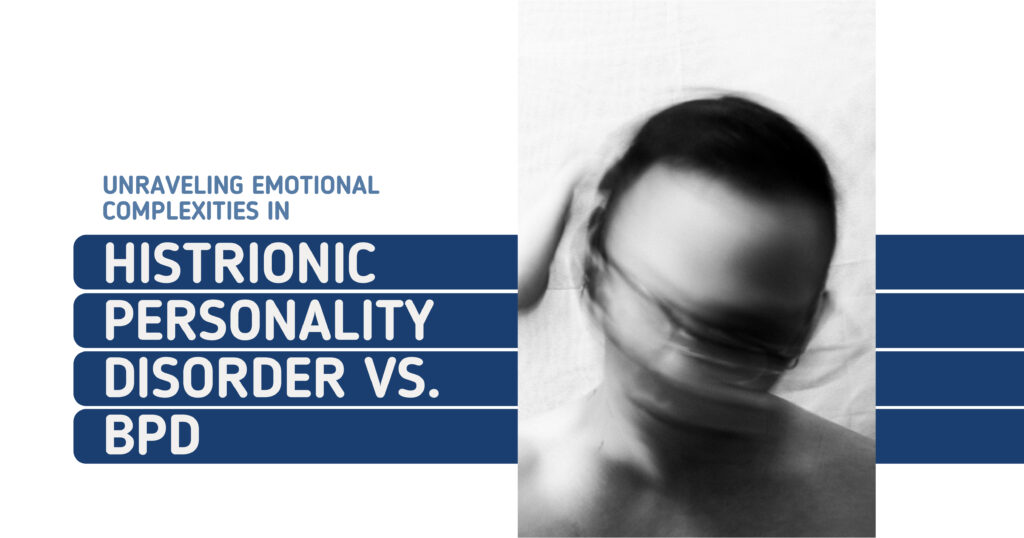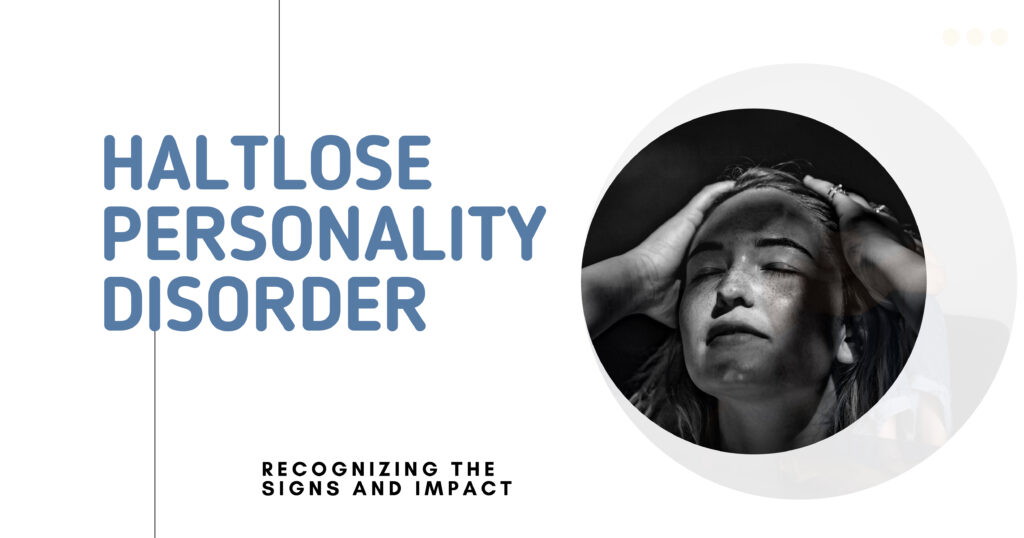Attention Deficit Hyperactivity Disorder (ADHD) is a common neurodevelopmental disorder affecting millions worldwide. Stimulant medications are among the most prescribed treatments for ADHD, offering significant benefits while also presenting certain risks. This comprehensive guide explores the benefits, risks, and alternatives to stimulant medications for managing ADHD. We will delve into different types of stimulant medications, their effectiveness, side effects, and alternative treatment options, ensuring you have a well-rounded understanding of ADHD management.
What Are Stimulant Medications for ADHD?
Stimulant medications are commonly used to treat ADHD because they can enhance focus, attention, and impulse control. They work by increasing levels of neurotransmitters like dopamine and norepinephrine, which are crucial for attention and behavior regulation. These medications are effective for improving attention span and managing ADHD symptoms.
San Diego Mental Health
Types of Stimulant Medications
Methylphenidate-Based Medications
Examples: Ritalin, Concerta, Metadate, and Ritalin LA
How They Work: Increase dopamine and norepinephrine levels in the brain. These medications are available in both short-acting formulations and long-acting versions, providing flexibility in managing ADHD symptoms throughout the day. Extended-release methylphenidate options like Concerta and Ritalin LA offer prolonged symptom control.
Amphetamine-Based Medications
Examples: Adderall, Vyvanse, Dexedrine, and Dyanavel XR
How They Work: Boost dopamine and norepinephrine levels to improve focus and attention. These medications include both immediate-release and extended-release forms, such as Dyanavel XR, which is a long-acting stimulant that helps maintain attention and control symptoms throughout the school day and beyond.
Benefits of Stimulant Medications for ADHD
Stimulant medications offer a range of benefits for individuals with ADHD:
- Improved Attention and Focus: Stimulants help individuals concentrate on tasks and activities, enhancing their attention span and reducing the impact of symptoms of ADHD.
- Enhanced Executive Function: These medications support executive functions such as planning, organization, and time management.
- Reduced Hyperactivity and Impulsivity: Stimulants can decrease hyperactive and impulsive behaviors, contributing to better behavioral control.
- Quick Onset of Action: Many stimulant medications start working within 30 to 60 minutes, providing rapid relief from symptoms.
- Long-Lasting Effects: Extended-release formulations, such as Quillivant XR and extended-release methylphenidate, provide symptom control throughout the day.
Commonly Prescribed Stimulant Medications
- Ritalin (Methylphenidate)
- Duration: Short-acting (3-4 hours) and long-acting (up to 12 hours), including Ritalin LA.
- Adderall (Amphetamine/Dextroamphetamine)
- Duration: Short-acting (4-6 hours) and extended-release (up to 12 hours).
- Vyvanse (Lisdexamfetamine)
- Duration: Up to 14 hours.
- Dyanavel XR: A long-acting form of amphetamine that offers extended symptom control.
Risks and Side Effects of Stimulant Medications
While stimulant medications can be highly effective, they also come with potential risks and side effects:
Common Side Effects
- Loss of Appetite: Decreased appetite can lead to weight loss and poor weight gain. Appetite suppression is a common issue among stimulant users.
- Sleep Disturbances: Insomnia or disrupted sleep patterns, particularly when taken late in the day.
- Increased Heart Rate: Elevated heart rate and blood pressure can occur, particularly in those with underlying cardiovascular conditions.
- Anxiety: Stimulants may exacerbate feelings of anxiety or contribute to anxiety disorder.
Serious Risks
- Potential for Abuse: Stimulants can be habit-forming and are classified as controlled substances due to their potential for misuse.
- Cardiovascular Issues: Rare but serious heart problems can occur, such as cardiovascular events or chest pain.
- Psychiatric Symptoms: Possible exacerbation of pre-existing mental health conditions, including bipolar disorder and mood disorders.
San Diego Mental Health
Managing Side Effects
- Consult Your Doctor: Adjusting dosage or switching medications may help manage intolerable side effects.
- Monitor Health Regularly: Regular check-ups to assess heart health, growth, and overall well-being, including monitoring calcium levels and potential adverse effects.
Alternatives to Stimulant Medications for ADHD
For those who experience significant side effects or are looking for non-stimulant options, several alternatives are available:
1. Non-Stimulant Medications
- Atomoxetine (Strattera)
- How It Works: Increases norepinephrine levels in the brain. Atomoxetine is a selective norepinephrine reuptake inhibitor and is effective for long-term management of ADHD.
- Benefits: No risk of abuse; effective for long-term management.
- Side Effects: Fatigue, stomach upset, and potential liver damage.
- Guanfacine (Intuniv)
- How It Works: Affects alpha-2 adrenergic receptors to regulate brain activity.
- Benefits: Useful for managing hyperactivity and impulsivity.
- Side Effects: Drowsiness, low blood pressure, and irritability.
- Clonidine (Kapvay)
- How It Works: Similar to Guanfacine, it regulates brain activity.
- Benefits: Effective for impulsivity and hyperactivity.
- Side Effects: Drowsiness, dry mouth, and potential withdrawal symptoms.
2. Behavioral Therapy
- Cognitive Behavioral Therapy (CBT)
- How It Works: Helps change negative thought patterns and behaviors. CBT is effective for addressing ADHD symptoms and co-occurring issues like depressive disorder or anxiety disorder.
- Parent Training and Education
- How It Works: Teaches parents strategies for managing ADHD behaviors.
- Benefits: Enhances parenting skills and improves family dynamics.
3. Lifestyle Changes
- Healthy Diet and Exercise
- Benefits: Regular physical activity and a balanced diet can improve overall well-being and manage symptoms of ADHD. Omega-3 fatty acids may support brain health and cognitive function.
- Routine and Structure
- Benefits: Consistent daily routines help manage ADHD symptoms and improve organization.
4. Dietary Supplements
- Omega-3 Fatty Acids
- How They Work: Support brain health and cognitive function. These supplements may help improve attention and reduce hyperactivity.
- Zinc and Magnesium
- How They Work: Essential for brain function and neurotransmitter regulation. These supplements can sometimes aid in managing ADHD symptoms.
How to Choose the Right Treatment for ADHD
Choosing the best treatment for ADHD involves several considerations:
- Severity of Symptoms: Different therapies may be more effective depending on whether the symptoms are mild, moderate, or severe.
- Personal Health History: Existing medical conditions or previous medication experiences can influence the treatment choice.
- Lifestyle Factors: Consider how different treatments will fit into daily life, including potential side effects and the need for ongoing monitoring.
Consulting with Healthcare Professionals
- Comprehensive Evaluation: A thorough assessment by a health care provider is crucial to determine the most appropriate treatment plan.
- Ongoing Monitoring: Regular follow-up appointments to track progress and adjust treatment as needed.
FAQs
- How do stimulant medications help with ADHD?
Stimulant medications increase neurotransmitters like dopamine and norepinephrine in the brain, improving focus, attention, and impulse control. - Are stimulant medications the only option for treating ADHD?
No, there are both stimulant and non-stimulant medications, as well as behavioral therapies and lifestyle changes. - Can stimulant medications be used long-term?
Yes, many people use stimulant medications long-term with regular medical supervision to manage ADHD symptoms effectively. - What should I do if stimulant medications cause side effects?
Discuss any side effects with your healthcare provider, who may adjust the dosage or recommend alternative treatments. - Are there natural alternatives to stimulant medications?
Alternatives include dietary changes, behavioral therapies, and supplements like Omega-3 fatty acids.
San Diego Mental Health
Conclusion
Stimulant medications are a cornerstone in the treatment of ADHD, offering significant benefits such as improved attention, focus, and executive function. However, they also come with risks and side effects that must be managed carefully. Understanding the various stimulant options, their benefits, and their potential risks is crucial for anyone considering ADHD treatment.
Alternatives to stimulant medications, including non-stimulant drugs, behavioral therapies, lifestyle changes, and dietary supplements, provide additional pathways for managing ADHD. Each treatment option has benefits and considerations, making it essential to work closely with a healthcare provider to develop a personalized treatment plan.








